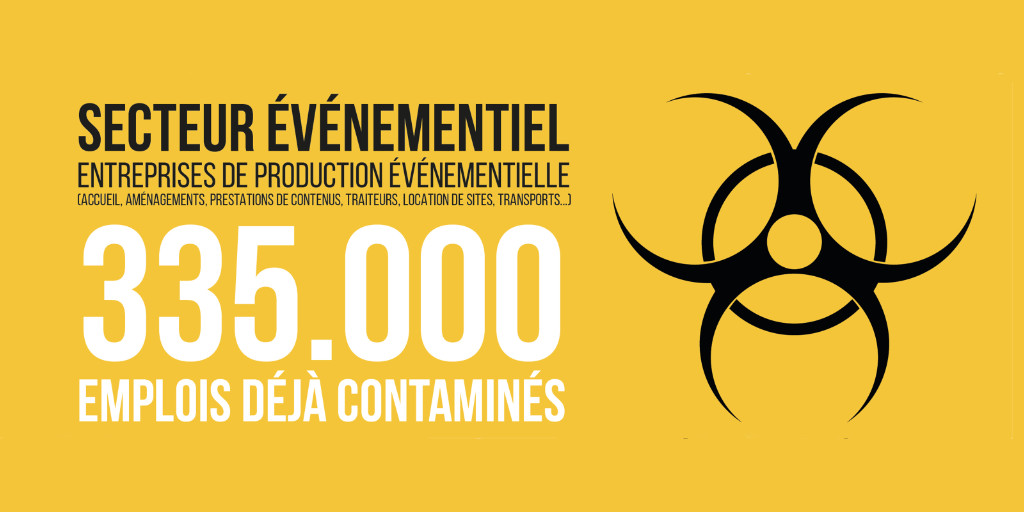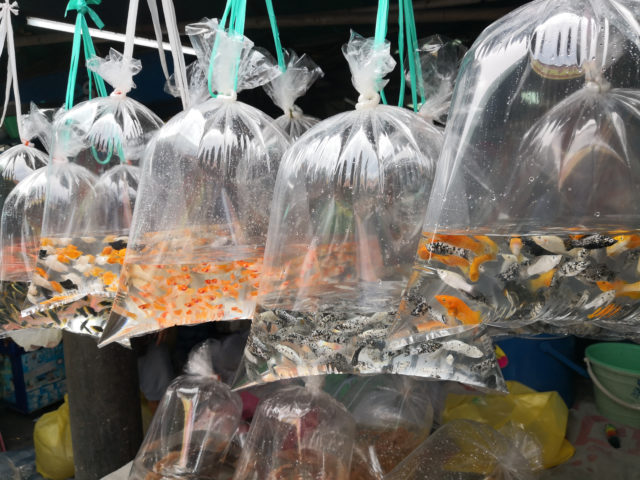A crisis comes when you least expect it
14 days ago, I thought that this would all blow over. I never would have thought that the world will come to a complete halt and we would be confined within the borders of our homes, villages, cities, countries, regions or continents. I hope this is the first and last time, but it would be too naive to say that. Humour is gone, the joys of organising events prohibited, inopportune questions frowned upon, doubt eliminated and distance urged. These are extraordinary conditions, my colleagues.
The most commonly asked question these days is what can destinations and meeting providers do in terms of marketing. When we were preparing for the 2nd Bled Meetings Forum a couple of weeks ago, we did not think that we would have to answer questions regarding crisis communication. The only thing we were thinking of was bringing enough participants to the event and carrying out all the campaigns that we set out to do months before the outbreak.
The situation is changing every hour, everything is highly unpredictable. It is key that we remain well informed, so we can adapt to different scenarios and make smart decisions.
If we analyse the situation on the international meetings market, the fastest responders were international professional associations. Basically all of them were quick to establish informational portals and send out recommendations for meeting planners. I am extremely happy to say that solidarity in our industry is at a very high level. If ever, it was now that associations showed their power and potential.
The stigmatisation of events is the biggest issue of the industry right now. It would be blasphemy to even think about organising an event. Despite this, positive campaigns that raise awareness about the importance of events for the global economy have started to surface. We really like the campaign by French association LÉVÉNEMENT Asso, led by the charismatic Bertrand Biard. The campaign is based on the fact that the French meetings industry employs 335,000 people. That’s 335,000 jobs that are now in danger. Moreover, the yearly turnover generated by the industry is 32 billion EUR, 52 % from event production and 48 % from tourism. Every day before the COVID-19 outbreak, a thousand events took place in France. In just over a week, the campaign mobilised the public and reached important decision makers in the French government. The campaign is a great example of spontaneous crisis communication, something that many countries should take inspiration from.

Every company has to play out their own marketing scenarios. One size certainly does not fit all. Nevertheless, we have come up with a few suggestions and ideas to jump start marketing in what is probably the biggest crisis in event industry history. It’s a combination of solutions that we also recommended to our clients. Unfortunately, only a few colleagues have a developed crisis communication plan.
Absolutely necessary and first
It is absolutely necessary to let your partners, employees and the general public know about the situation and measures that you are taking in your company, destination or hotel. Your communication should always quote trustworthy, official sources. Surprisingly, a lot of colleagues have not done their homework. Empathy in these situations is key. You should establish a platform through which you will communicate in times of crisis. We advised our partners to appoint a person responsible for communication. The communication should be proactive, up-to-date and transparent, so focus on preparing quality press material and share information about the crisis.
List of key players
It’s time for playing over communication plans. You should have multiple scenarios prepared, but first, make a list of the most important people that you would like to reach with your communication. This includes employees, clients, partners, investors, the media, government officials and the wider public, like followers on social media and event participants. It’s also not a bad idea to think about establishing a support team, call centre, or at least a dedicated phone number for emergencies.
Facts about the situation and FAQs
Every organisation should have a list of frequently asked questions and some facts about the situation. Measures that the company or destination is taking should also be listed. Short, simple answers will prevent rumours or false claims to spread among partners or in the media. Meeting planners should know exactly how the organisation will be managed during the crisis and predict how it will look like once we’ve gotten through it. It’s the easiest way to decrease fear, panic and denial of danger.
How should we move forward?
We have to realise that the costs of attracting new clients are much higher than the costs of keeping the existing ones.
In times of crisis, companies are trying to cut expenses in all fields. Most of the time, they start with marketing. With a lower marketing budget, communication should be focused on keeping existing partners around, as they will be the ones providing growth. Partners should not be numbers, but people with whom you build solid relationships. Happy partners spread a good word and are ready to recommend your services/products.
Personal approach
In our industry, personal touch is everything. Ambassador programmes are a great idea for destinations, as destination ambassadors present great marketing capital. Ambassadors can help you smoothly postpone events and reservations. Ideally, every ambassador should be given a “crisis first aid kit” with information for jump starting events after the crisis. The kit should include a Bid Book, examples of contracts with hotels, insurance companies and a detailed communication plan.
Direct marketing
In order for you to carry out good B2B marketing after the crisis, you will have to have a quality database. This is the perfect time to get your databases in check and employees on wait will be eager to pitch in from home. Make sure to segment your buyers and try to get new ones with simple, fun direct marketing solutions. Data is the oil of the digital economy and that will stay true even after this crisis.
An extraordinary situation can open extraordinary opportunities
We agree with this statement, but an extraordinary opportunity can only be taken advantage of if you turn your existing marketing plan upside down. As the first step, we would recommend design-thinking workshops that allow you to design prototypes of communication plans after the crisis. These kinds of workshops are a great way to think about buyers, your portfolio of services and what the clients will need in the future. Most organisations will resort to the classical marketing mix; fam trips, sales calls and trade fairs.
It’s time to digitalise marketing, to innovate and think out of the box.
If you need some inspiration, check out the ICCA Best Marketing Award here. The next step would be to think about all the contact points that your potential buyers will have with your destination. A formula for success is usually a combination of digital and experience marketing.
Some additional recommendations:
1. Comparisons are problematic
Comparisons in the sense of “your country is doing a way worse job containing the virus than ours” are inappropriate, counterproductive and most of the time, unfair.
2. Underestimating the situation
Statements, where we underestimate the situation or exaggerate with comforting stories can make the reader question our love of truth. This kind of communication can quickly stab you in the back. Reassuring the reader is fine, just make sure you backup your statement with solid facts.
3. Context
All the information about our industry has to be put into context. For the foreseeable future, the fate of meetings will be dictated by COVID-19 and how well we will be able to contain it. Let’s not act like we are just observers from a different planet.
4. Acknowledging uncertainty
We have to be honest with ourselves and acknowledge that everything is uncertain and there are many variables. The worst thing you can do when people are afraid is to pretend like they aren’t. Underestimating the situation will anger your partners and maybe even deter them from opening any of your future communication.















